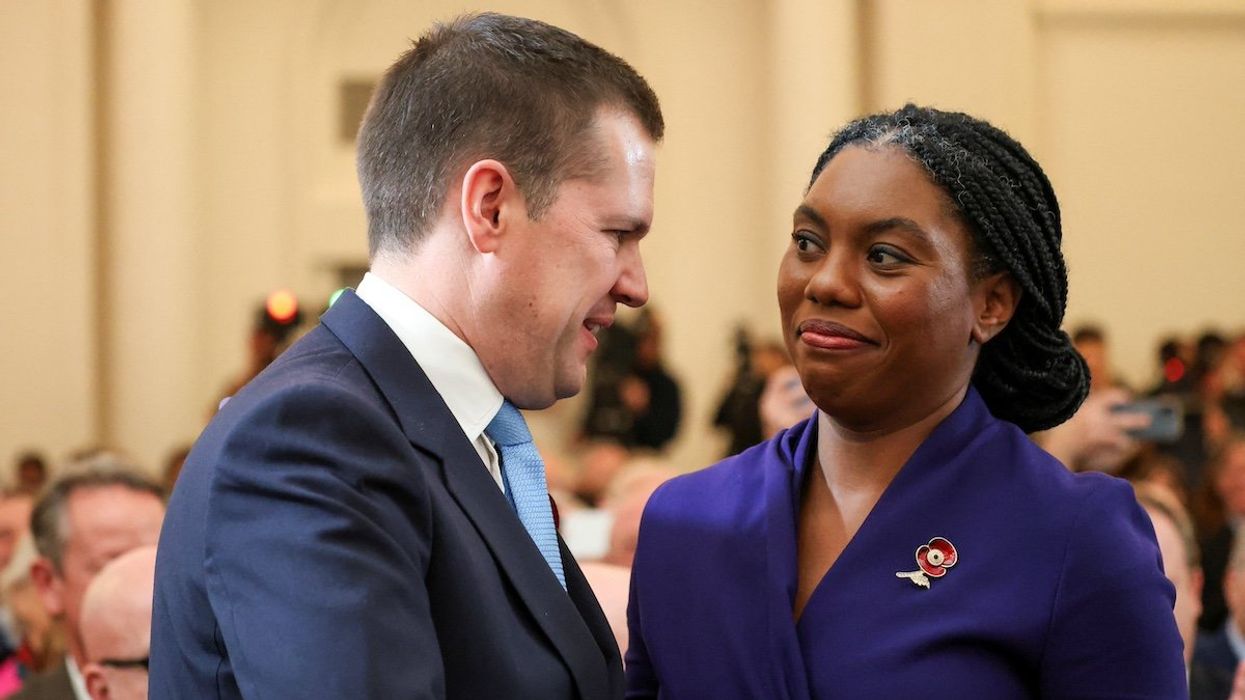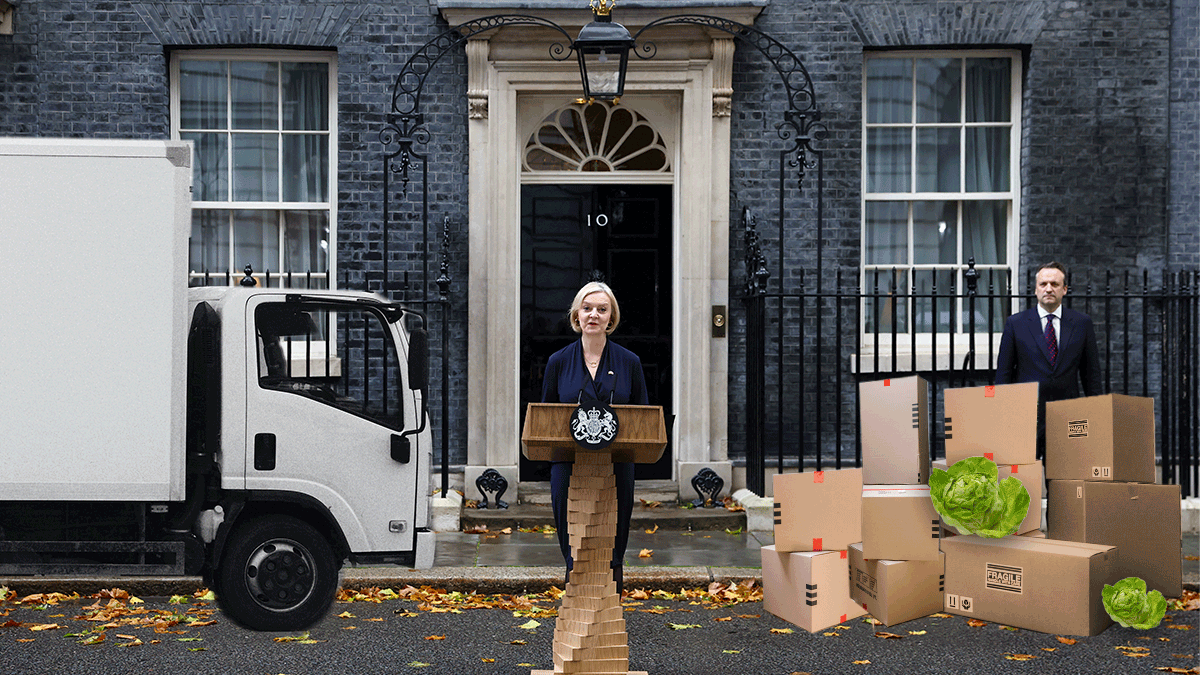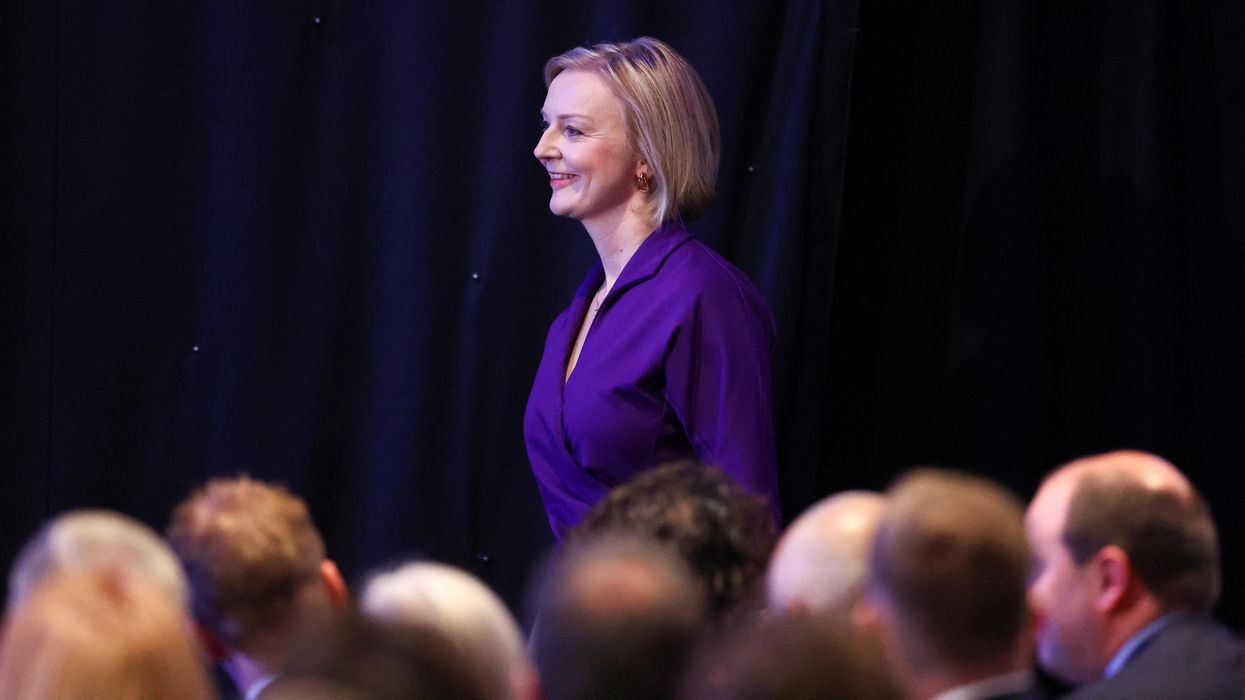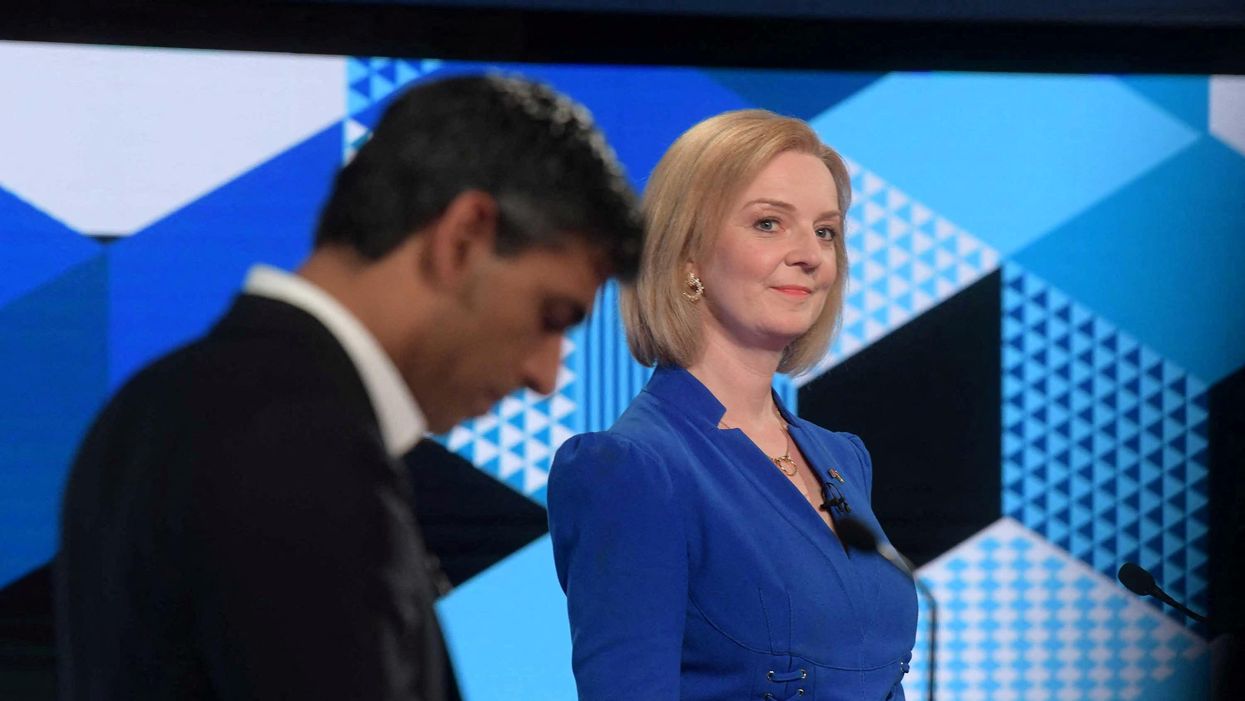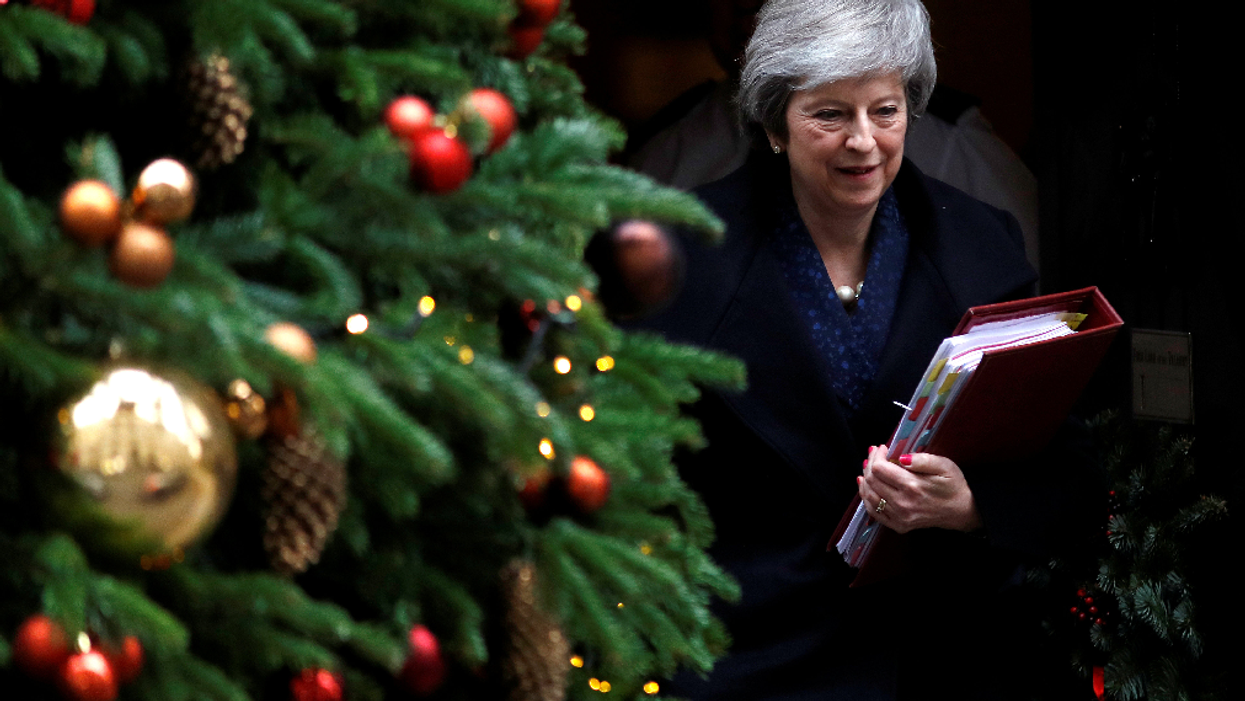What We're Watching
Can Britain’s new Tory leader become Thatcher 2.0?
Self-proclaimed “straight speaker” Kemi Badenoch won the leadership of the UK Conservative Party on Saturday – the first Black woman to do so – and promises to take the party further to the right.
Nov 03, 2024
